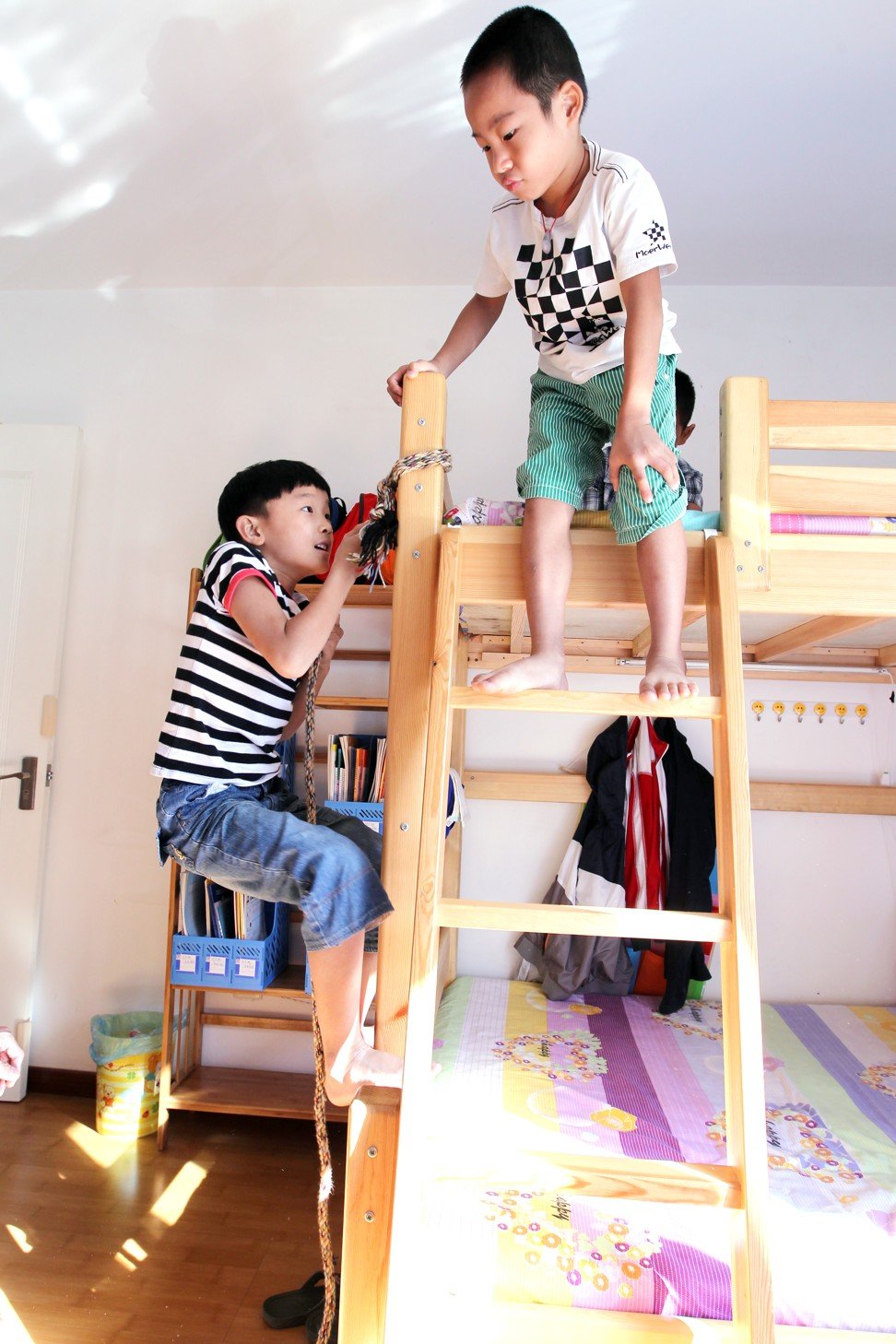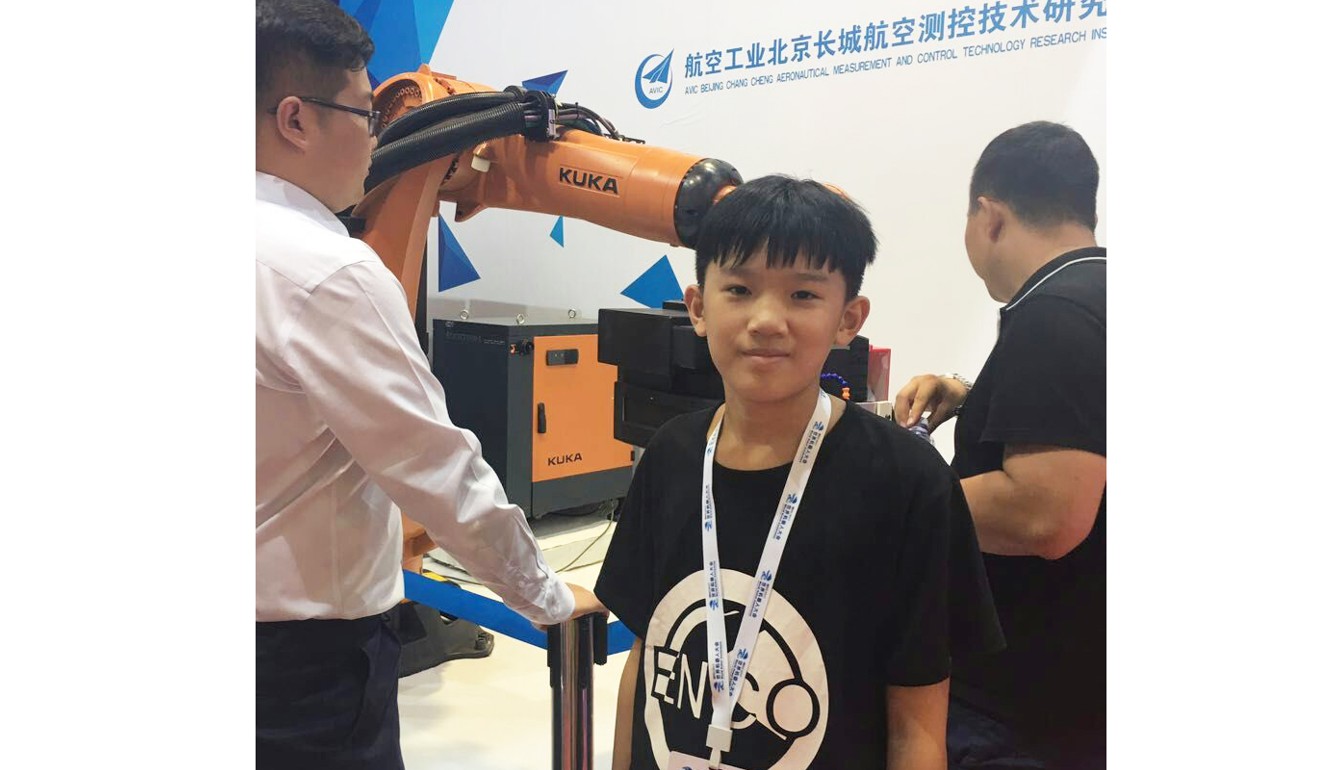
Why these Chinese parents are home-schooling their children
‘Everyone is struck by his knowledge,’ father-turned-teacher Zhang Qiaofeng says of home-schooled son after six years of focused study
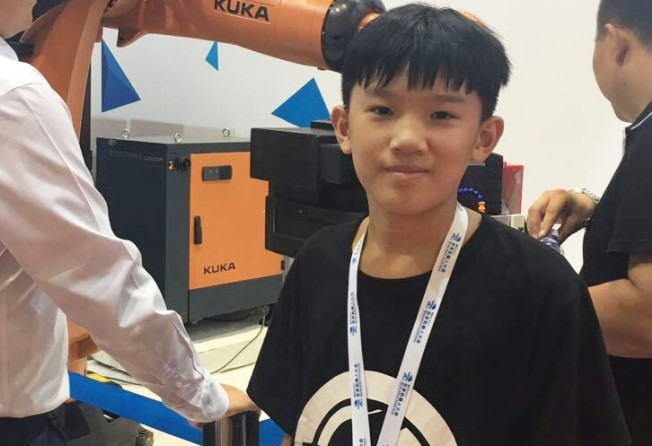
Zhang Hongwu’s daily routine has been the same for the past six years: rise at 7am, spend 30 minutes with his father scheduling a study plan, study alone through the day, review the day’s work with his father.
Hongwu, who is 12 years old, has followed this practice – first in Beijing, then in the city of Putian in southeastern China’s Fujian province – ever since his dad, Zhang Qiaofeng, decided school education was not for his son.
The boy had been in primary school just one month. “He became very quiet and had no spirit at all,” Zhang said. “He lost colour on his face. I couldn’t let this continue.”
And so, Zhang quit his well-paying full-time job to take his son’s education into his own hands.
Although Hongwu never again set foot on a school campus, he now stands out among his peers academically, is more widely read, and lives a much easier and more relaxed life, according to his father.

“Everyone [is] struck by his knowledge,” Zhang said.“I can’t say he 100 per cent fulfilled my expectations when I took him out of school, but his overall performance is satisfactory.”
In the past decade, more and more parents like Zhang, unhappy with the public school system, have chosen an alternative path by home-schooling their children from a curriculum they describe as better suited for the development of young children.
For some, that curriculum includes chanting ancient Chinese classics; for others, appreciating nature by spending time playing and working outdoors; and for still others, mixing textbooks from home and abroad in hopes of nurturing a talent outside the public education system.
A report from the 21st Century Education Research Institute in June said the number of children educated at home grew from 2,000 in 2013 to 6,000 this year. Some 50,000 people are closely paying attention to home-schooling and are willing to have their children try it, according to the report.

The research institute’s report also revealed that 68 per cent of children who tried home schools had unpleasant experiences in public schools and chose to stay home because they could not adapt to the school environment; the rest stayed home because their parents had negative opinions about public education.
Yuan Honglin of Haiyan county in Zhejiang province began home-schooling his daughter 14 years ago after the girl had spent some time in kindergarten. The father, who holds a master’s degree from the prestigious Peking University and a doctorate from Nankai University, decided to become his daughter’s teacher for all subjects.
Yuan believed his tailor-made lessons would help his daughter achieve academic success faster than most children.
The daughter, Yuan Xiaoyi, has indeed led her peers since she was four. She absorbed a college curriculum by age 13. By age 16 she had obtained an associate degree in English language from Zhejiang University through self-taught higher education examinations. She is now preparing for the examination in her last subject, and, if she passes, will earn a bachelor's degree.
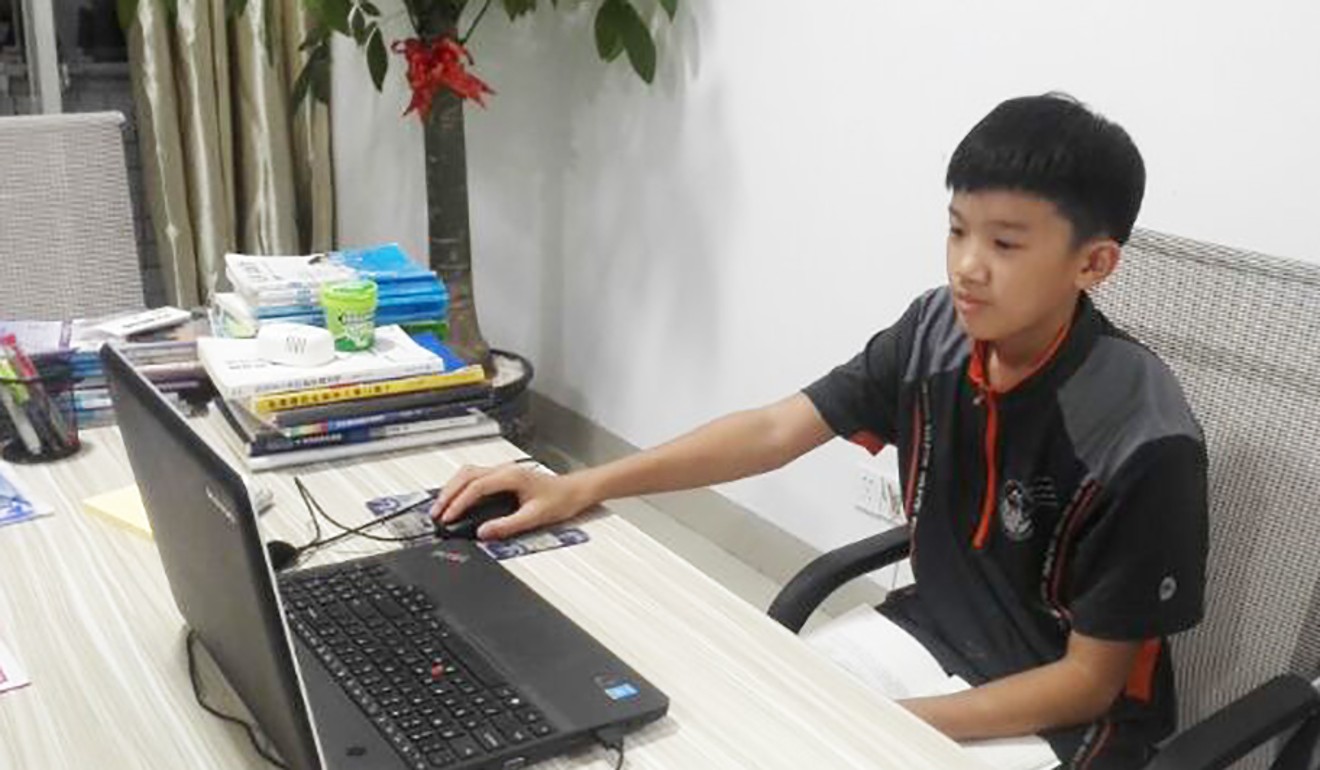
Her father wants her to go further in her studies by obtaining a master’s degree and a doctorate.
“I want my daughter to be independent, with critical and free thinking,” Yuan said. “It looks like home school has worked well for her.
“Her way of thinking is not contaminated by the exam-oriented education and she is not afraid of learning something new.
“In academics she was ahead of her peers by three to five years.”
Parents sing the praises of home-schooling for its respect for children’s individuality. Despite its rising popularity, however, authorities in China said in February for the first time that home-schooling violated a law requiring all children to receive primary and middle school education. Violators could face fines of an unspecified amount.
Last month, Lu Yugang, director of the basic education department with the Ministry of Education, repeated that primary and middle school education was compulsory and that it was important that those who failed to send children to schools realised that fact.
Even though it is questionable how the crackdown on home-schooling would be enforced, the authorities’ expression of hostility against this educational option frightens parents and officials of schools offering it.
A school master who has established two schools for teaching ancient Chinese classics to children under 13, said authorities had harassed his institutions several times. He said he had to maintain a low profile for fear publicity would bring unwanted attention.
“I think reading ancient classic works lays a good foundation for children to master their mother tongue and also teaches them rules to be a better person,” he said. “We don’t agree with the current school system to learn different subjects at a young age, but clearly the ministry would not allow such options.”
The master of a northern Beijing home school that expanded from three students in 2004 to more than 300 students this year also was upset that the ministry was ignoring the rising demand.
“We are operating in the grey area, but if the ministry legalises schools like ours, we can develop better,” the principal said. “I think the ministry should face the rising demand to meet the diversified needs of parents.”
Yuan called on the education authority to help children who needed individual attention, saying his experience has shown him that home-schooling works better with well-educated parents.
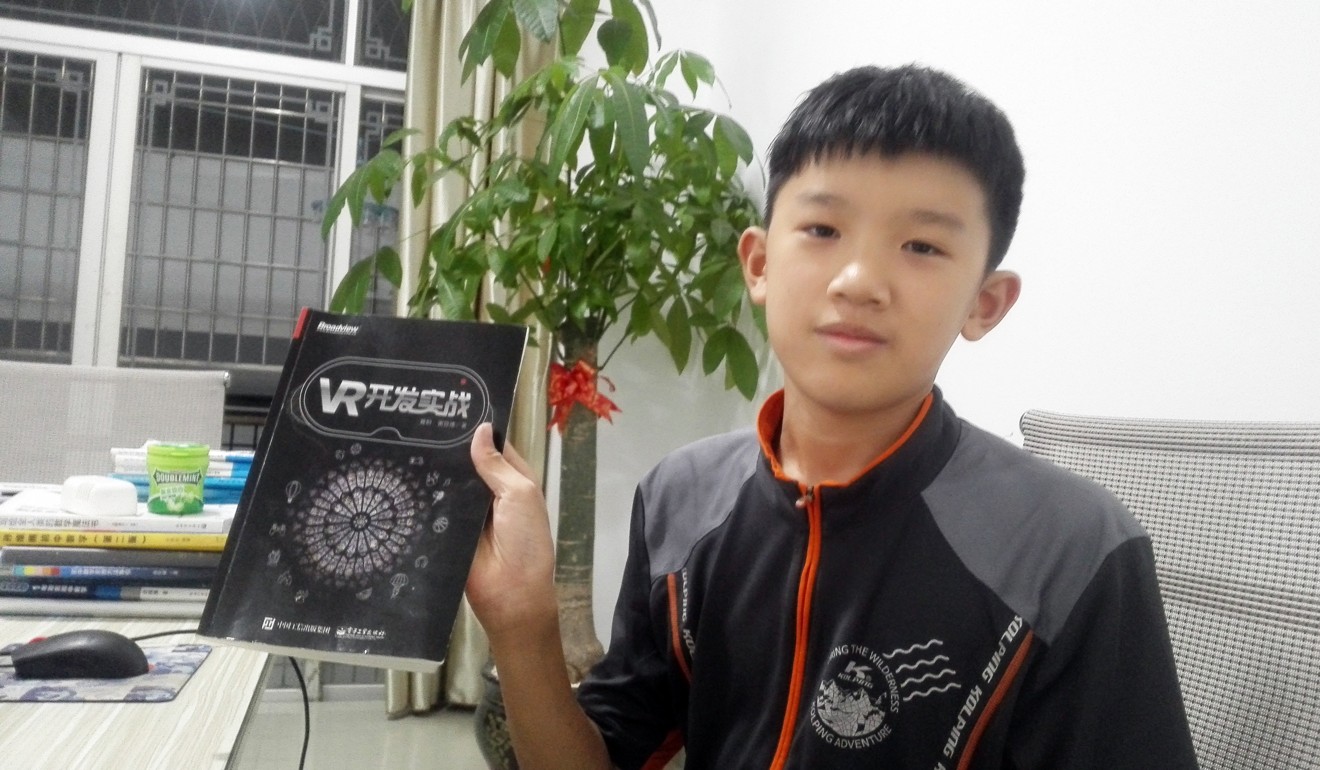
“My daughter is just an average child yet home school has done wonders on her,” Yuan said. “Why can’t the education authorities stop suppressing the needs and experiments of parents and start working on how to improve home-schooling to help other children?”
Meanwhile, having a normal social life – like their peers – seems to matter most to home-schooled children.
Zhang said his son mingled easily with other children whenever he was with them; but the boy said he missed campus and Beijing because their community in Fujian was too quiet for him.
“We are trying to find a middle school back in Beijing for my boy, not because I gave up or home-schooling did not work,” he said. “We just wanted my boy to have no regrets.
“If he wanted a school experience we would give him one, but I seriously doubt he would take the pressure of endless examination papers.”
Yuan also worried that his daughter was missing out on campus life. He said he rented a villa on a university campus in Shaoxing, Zhejiang, so she could have a university experience but the girl was not impressed and they eventually moved away.
“She was disappointed by the college students,” Yuan said. “She had no trouble socialising with people, but she was interested only in talking to sophisticated people who were usually much older than her.”
